Data and Information Modeling
Duration 3 days (plus 1 Day Optional on Semantic Modeling and NO SQL)
Brief Description
The course is designed for analysts, architects, designers, developers, business intelligence analysts and database specialists who are, or who will become, actively involved in modeling, analysing, designing and exploiting data and information. It is a skills course rather than a methodology course, designed to expose participants to leading techniques and ways of presenting models and results of analyses. It draws on our 25+ years experience in business and academia, as well as industry best practice, to deliver a valuable set of tools to equip data and information modellers and users.
What Differentiates this Course?
Many courses teach the overall agenda or approach to data modelling (what should you do), but there are precious few that show you how! This course aims to equip delegates with real skills and techniques to deliver results and help their organisations leverage powerful concepts, models, techniques and analyses to make better decisions, take advantage of opportunities and minimise risk of poorly structured databases, which lead to inefficient, unmaintainable or non-integrated applications.
Intended Audience
Typical candidates would include business and systems analysts, solution architects, database administrators, developers and BI analysts.
Course Overview
Drawing upon industry experience and best practice, we move from definitional understanding of data, information, knowledge and wisdom, through meta data to the modelling of data. We cover traditional techniques such as entity relationship modelling as well as more modern object oriented domain modelling (conceptual modelling). We show how the models are created and the techniques and rules to construct them as well as check them. We translate conceptual and logical models to physical models using Relational Modeling and show how this translates to physical schemas in Structured Query Language (SQL). Case study work in small teams allows delegates to perform analysis and build and review models.
Teams compete and learn from each other before experiencing another facet of the challenge. A rich case study allows ample exploration of concepts and alternatives while providing continuity and context. The course stresses holistic consideration and the interplay of many facets that affect the outcome of design choices.
Typical Coverage
Course content includes (subject to change):
- Introduction & Basics
- Levels of Modeling
- Data and Meta Data
- Entity Relationship Modeling with Chen
- Conceptual Domain Modeling with Inspired
- Domain Modeling
- Patterns
- Industry Reference Models
- Logical Data Modeling with UML 2
- Relational Modeling (ala Codd and Date)
- Normalisation
- Physical Data Modeling with IDEF1X
- Physical Database Design / SQL
Optional Day - Semantic Modeling and NO SQL Alternatives
There is a new world emerging with respect to data. Some of the key technologies include:
- Semantic Modeling and Technologies, including “Web 3.0”
- “Big Data” and the tools to handle it
- The Not Only SQL movement (NO SQL), advocating different data models to deal with new application requirements
This optional day explores these topics. Specifically, we will cover:
- Semantic Concepts, Modeling Concepts and Techniques
- Semantic Technologies
- Semantic Markup for Web Applications
- Big Data Concepts, Challenges
- Big Data Techniques and Technologies
- Application Challenges driving NO SQL
- Alternatives to Relational models
- Overview of key NO SQL products
Rich use of examples and selected short videos stimulate delegates to think beyond the norm and out of the box, proclaiming: “Wow, I didn’t know that was possible”. We will connect delegates to sources of information for ongoing enrichment as well.
Provided Materials
Delegates will be provided with high quality notes and links to media and references to pursue further investigation.
Location, Costs and Dates
This course is offered in the UK, Germany and South Africa. It may be extended to other locations in future. Please see schedule for dates, locations and price in local currency.
“COMMENTS FROM PAST DELEGATES:
“Thanks. This was really helpful in understanding the different levels of modelling and the rationale for them”
“Finally get Relational Modeling and Normalisation - You made it simple ;)”
“The examples were larger than typical which allowed for interpretation and rich discussion of choices and why to do A not B”
“The conceptual modelling with object techniques is really useful at the business level.””

